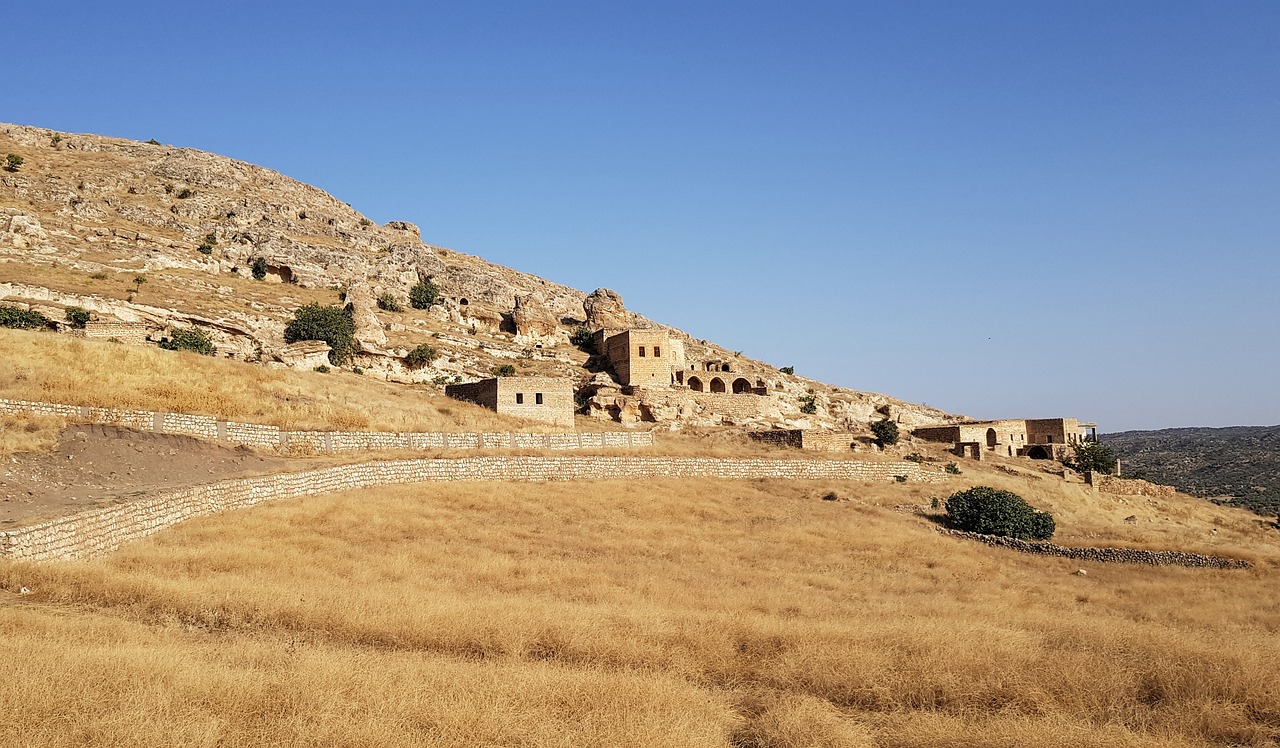World
Courts across the world seek justice for Yazidi genocide survivors amidst new convictions and ongoing challenges

The Hague District Court sentenced Dutch woman Hasna A to ten years for crimes including the enslavement of a Yazidi woman, marking a significant step in the pursuit of justice for Yazidi genocide survivors, though challenges remain as national courts like those in Germany, Sweden, and France use universal jurisdiction to address these crimes, highlighting the need for broader recognition and action from the international community.
In the first case of its kind, the District Court of the Hague sentenced a Dutch woman, Hasna A, to ten years in prison for multiple offences, including enslaving a woman from the Yazidi community in Syria in 2015. The court described the enslavement of the Yazidi woman, referred to as “Z,” as a crime against humanity. Hasna A, was acquitted of slavery committed against another Yazidi woman, known as “S,” due to a lack of evidence.
Lawyer Brechtje Vossenberg, who acted for Z, commented that “It is thanks to the bravery and resilience of women like Z. and S. that the court was able to hand this verdict down and convict Hasna A. for the international crime of slavery committed against Z.”
Natia Navrouzov, Executive Director at Yazda said that “while we are immensely relieved that Hasna A. has been convicted for her crimes, we had hoped the slavery charges concerning S. would also be fully acknowledged.”
The verdict certainly marks a significant step forward in the Yazidi survivors’ pursuit of justice. However, in the decade since the atrocities against the Yazidis began, only ten convictions worldwide have been handed down. How are the Yazidi people using national courts as a place of redress and recognition and what challenges remain in the pursuit of justice?
The Yazidi Genocide
The Yazidis are a religious minority, who primarily lived in the Sinjar area of Iraq. In the summer of 2014, the region was invaded by Islamic State/Daesh (IS), who began to separate and round up Yazid men and boys, executing the men and older boys who refused to convert to Islam. Since 2014, 81 mass graves have been found in the Sinjar region.
More than 6,000 women and children were taken captive by IS and forced into sex slavery. According to Nadia’s Initiative, “sexual violence was strategically used as a weapon of war and codified in ISIS manuals that explained how to traffic Yazidi women. ISIS believed that violating women would destroy the community from within.” 2,800 women and children are still missing.
Pursuit of Justice
Since then, Iraq passed the Yazidi Survivors Law on 1 March 2021 which established a programme to ensure the survivors’ right to reparations. However, human rights organisations have asserted that the programme is not being implemented correctly. Human Rights Watch have said that, as well as significant problems with the mechanisms, “several survivors have reported harassment and stigmatization while filing criminal complaints with the judiciary.” To date, no IS members involved in the genocide have been tried by the Iraqi courts for sexual violence or genocide. The International Criminal Court faces jurisdictional constraints, meaning that Yazidi people have been seeking other forms of redress in national courts through the principle of universal jurisdiction (UJ).
In November 2021, a court in Germany handed down the first judgment on the crime of genocide against the Yazidis. They convicted Taha Al J. for guilty of genocide, crimes against humanity and war crimes, for enslaving a Yazidi woman and her five-year-old daughter, which resulted in the girl’s death. Following this landmark trial, another conviction was handed down seven months later against Jalda A, for aiding and abetting genocide, crimes against humanity and war crimes. She had enslaved and abused a Yazidi woman, known as “M.” At the time of the verdict, M stated that:
I am very grateful to the German judiciary for being so committed to clarifying the crimes that have befallen the Yazidi people and myself, and for putting the members of ISIS on trial. I am concerned with justice for my people and myself, not with the imposition of a particular punishment. There is no punishment for the accused that could undo the suffering.
Since then, there have been nine convictions in Germany, including three for genocide. The Hasna A verdict marks the tenth overall and the first outside Germany. Sweden and France have also brought legal proceedings against individuals allegedly involved in IS and their genocide, crimes against humanity and war crimes against the Yazidi.
The survivors of the genocide have put their safety at risk in coming forward, as well as subjecting themselves to the psychological burden of recounting their traumatic experiences. The international community has a significant role to play in standing with survivors of the Yazidi genocide, to ensure that the atrocities are not simply forgotten. Whether this is through calling on Iraq to improve domestic justice mechanisms or through the broader use of universal jurisdiction, immediate action is needed.
Of the Hasna A case, Natia Navrouzov, Executive Director at Yazda said:
We commend the Dutch authorities and everyone who supported this case. Witnessing survivors follow the livestream of the verdict today from our offices in Duhok and Sinjar was a powerful reminder of the purpose behind our work, as it is ultimately for them. We are deeply proud of Z. and S., whose courage in coming forward made this case possible.
While national courts are beginning to recognise their power in ending impunity, such as the actions taken just this week in the Swiss Parliament much more needs to be done to increase prosecutions of this kind. This will ensure that perpetrators are brought to account for their heinous crimes and survivors can get the recognition and justice they deserve.










